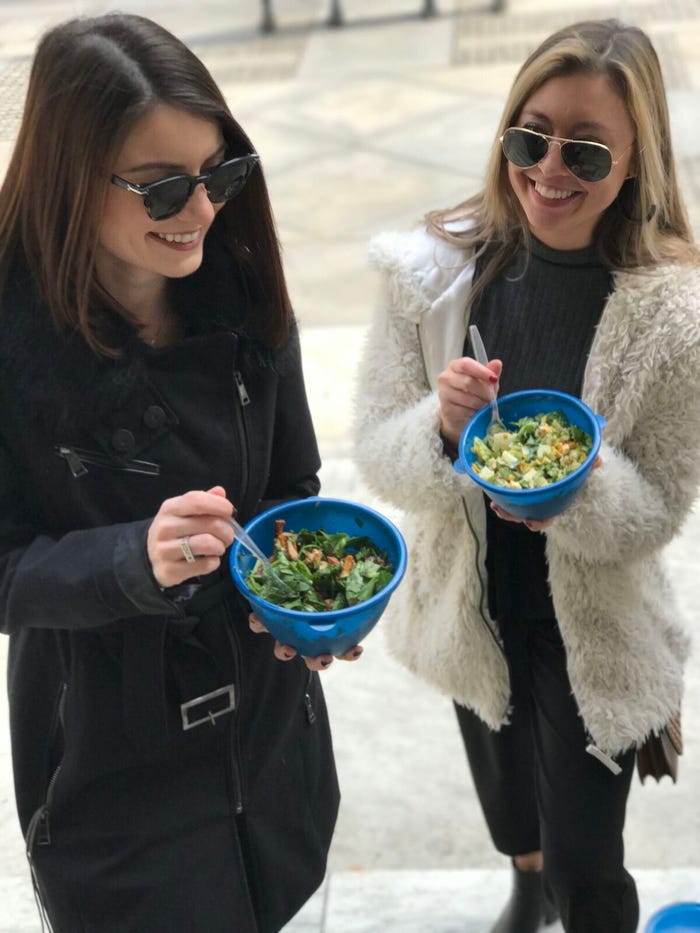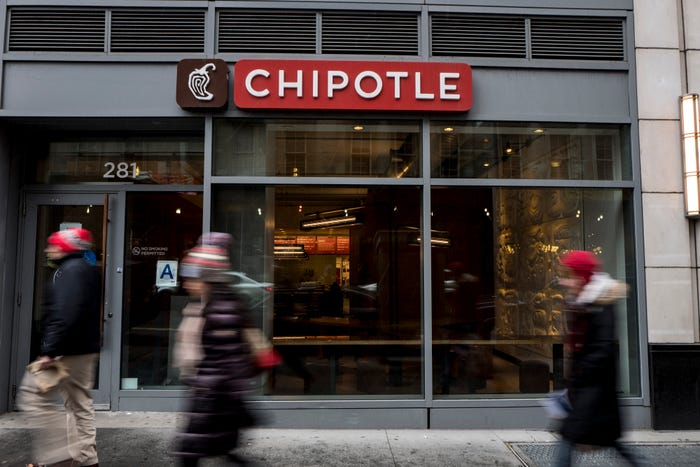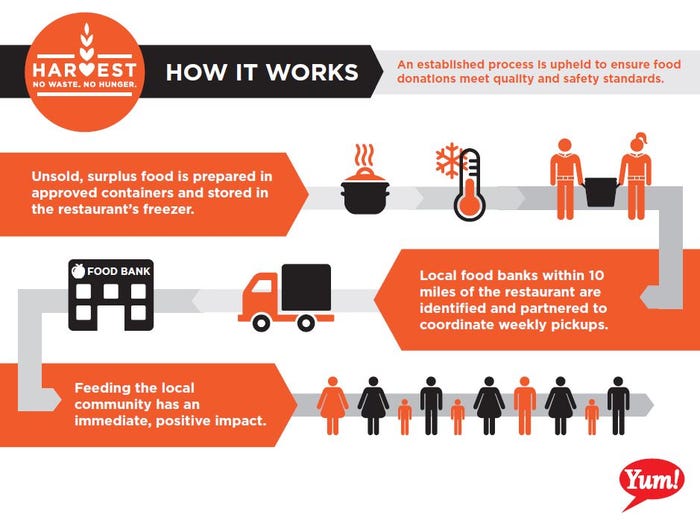Some chains are composting, donating leftovers and swapping single-use items for reusable ones.
Increasingly, restaurants are realizing being eco-conscious is not just a trend to wow customers but a way to save money and step up to tightening diversion regulations. Food chains are composting, donating leftovers and swapping single-use items for reusable ones. They are hiring dedicated diversion coordinators and implementing programs to cut food waste in their operations, from preparation through serving. And they are finding innovative ways to get their customers to help them take their efforts even further.
Just Salad, headquartered in New York City, is working to show that even small chains can make a difference. Its main focus has been on cutting packaging waste. The chain sells reusable bowls for $1, and customers who bring them back get free toppings with every visit.

“We’ve saved over 75,000 pounds of plastic from hitting landfills every year,” says Just Salad CEO and Founder Nick Kenner. “Our customers … continue to support and love our reusable bowl program. We estimate 72,000 reusable bowls are in circulation to date.”
Chipotle aims to divert half its restaurant waste by 2020. Part of the plan involves focusing on logistics, such as altering dumpster sizes to make room for diversion services and working with haulers on route efficiencies to be able to expand service areas.
Chipotle also plans to increase composting at its restaurants by 20 percent by 2020.
“We are working with compost haulers all over the country to set up a whole patch at a time rather than one-offs. This makes routes more efficient and pricing more affordable,” says Caitlin Leibert, sustainability manager at Chipotle.
Part of the chain’s strategy is planning in advance, anticipating compost regulations and adding services before compliance is mandatory.
Through rightsizing, or adjusting services to fit waste needs of each restaurant, the chain decreased trash services by 25 percent in 2017 alone and decreased diversion services by 10 percent.

“This means that we were servicing trash that should have been moved to recycling or composting, which we would not have known about without this process,” says Leibert.
Chipotle has pledged that 80 percent of its restaurants will participate in the Harvest program, which donates leftover food to community organizations.
Preventing food waste in the first place through donation is becoming a more common practice among many chains, large and small.
Yum! restaurants donate more than 7 million pounds of food annually to partner agencies in the U.S. and globally.

Since 1992, the Yum! system has contributed more than 190 million pounds of food to more than 3,000 nonprofit organizations.
Its partner, Food Donation Connection, conducts training, identifies donatable items and recipients, coordinates donations and provides centralized management and support.
Jon Hixson, Yum! vice president of government relations and global citizenship, has advice for other restaurants on sustainability practices:
“Make it easy. We provide participating restaurants with a one-pager with pictures and simple instructions for back-of-house food collection procedures,” he says. “Leverage champions. We partner with franchises who see value in growing the program, rather than mandating participation from the top-down. And create a favorable policy landscape. Good Samaritan laws and financial incentives for food donation … help make these programs successful.”
In the U.S., McDonald’s, through its partnership with Food Donation Connection, has 840 registered restaurants and has donated more than 448,000 pounds of food to charities as of May 2018.

Where infrastructure exists, the global fast food chain works to divert through composting. It introduced a pilot coffee grounds composting program, where participating restaurants partner with community gardens, other non-profit organizations and customers who all receive the coffee grounds for composting.
Around the globe, McDonald’s recycles kitchen waste, such as cooking oils, polyethylene foils and cardboard. At the end of 2016, an average of 29 percent of total waste by weight was being recycled in 12 countries.
“We know our customers care about recycling and more sustainable packaging, and clearly it is a critical environmental issue,” a McDonald’s spokesperson told Waste360. “McDonald’s global packaging and recycling goals, as well as our Climate Action, demonstrate our commitment to become a better company and an example of how we can make a positive impact in the communities we serve … We look forward to doing more.”
Meanwhile, organizations outside of the restaurant business are helping this niche go further. Clean Water Fund’s ReThink program supports some of them in reducing single-use food packaging, and nonprofit ReFED developed guides to help foodservice and restaurant sectors improve their sustainability practices.
The motivation is there, as restaurants see benefits to the environment, their finances and to their reputation.
About the Author(s)
You May Also Like




